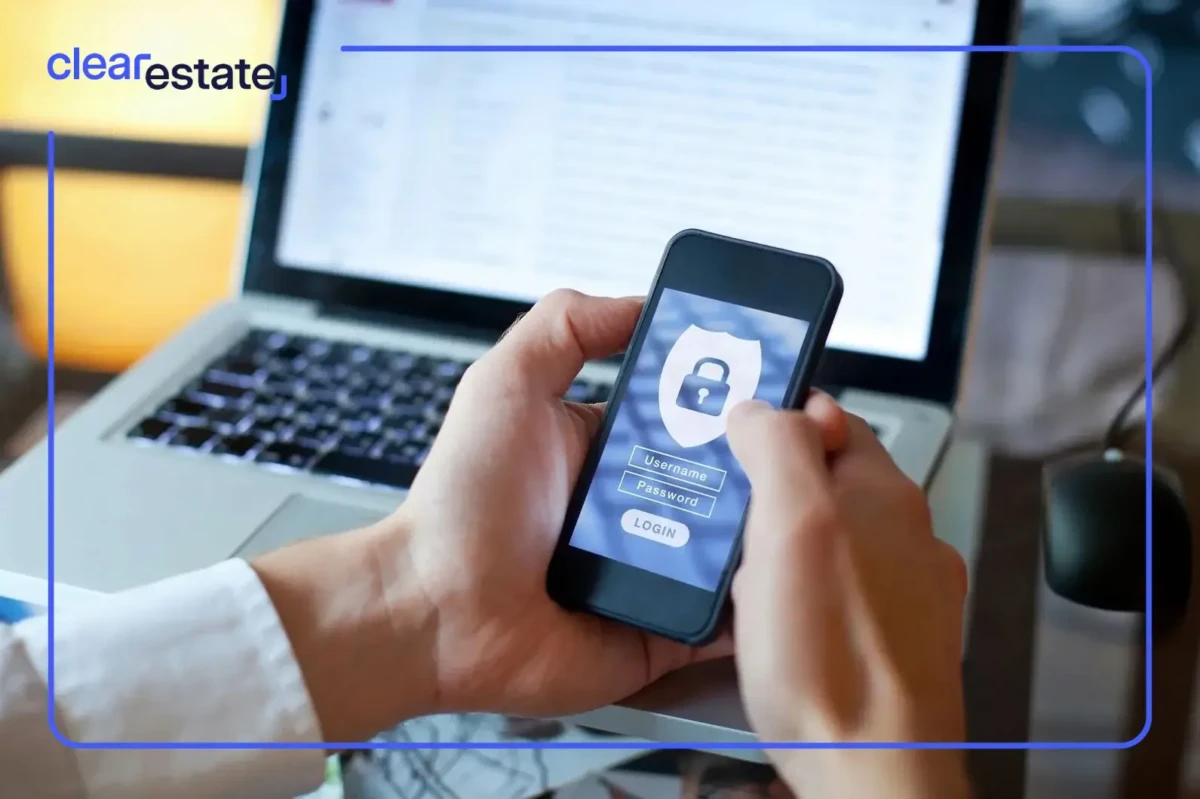Estate Planning
Apr 11, 2024
Everything you need to know about Powers of Attorney in BC
Explore the key aspects of Powers of Attorney in BC, covering types, creation, and selection of attorneys for secure future planning and peace of mind.


With the explosive growth of the internet, digital accounts, and digital record-keeping, estate planning has had to play catch-up. Estate planning professionals and estate executors must now deal with digital assets in addition to physical property and other traditional estate items. Protected access to your online account passwords is vital for a smooth estate settlement process. Here are some ways to store your passwords, so they'll be accessible when needed.
We regularly share relevant information about wills and estates.
A NordPass study estimated that most people have about 70 to 80 passwords. Unless you have a photographic memory, you need a way to store all those login keys. A password storage method simplifies life and helps you get into your accounts when you forget how.
Password storage is important when you're gone, too. Even more so, because you're no longer here to gain access through an ID verification process. Online accounts and digital assets are part of your estate. Hence, they need to be part of your will and overall estate plan. But since all of these assets are password protected, access is vital during the estate settlement process.
One of the many important duties of an estate executor is asset gathering. Giving your executor a single point of access to all of your passwords after your death simplifies a difficult job. It also helps your spouse or children take care of essential tasks when you're no longer here to do it. They can log in to access funds, pay bills, and keep the household running smoothly while they're dealing with grief. ClearEstate helps your executor manage the estate settlement process with skill and empathy.
 Take the Guesswork Out of Probate
Take the Guesswork Out of Probate
Join the 100,000+ executors who have downloaded our free step-by-step blueprint to probate.
Download yours for free!